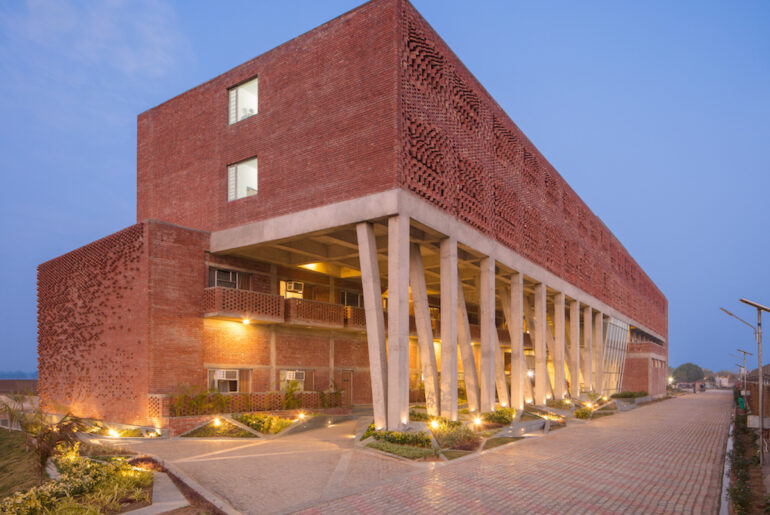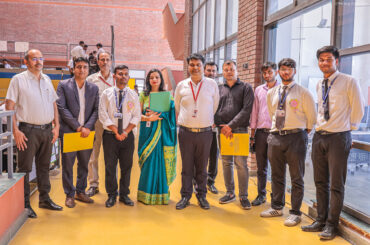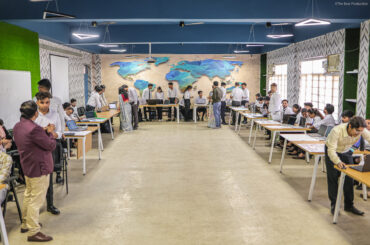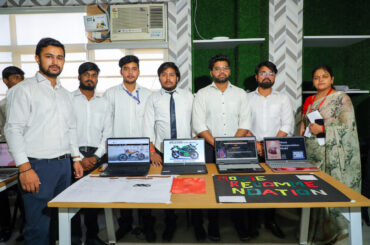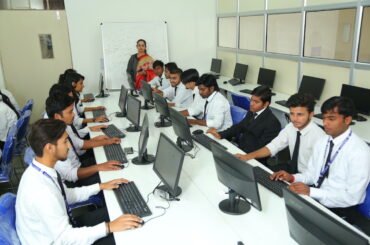IPU BCA Syllabus
The IPU BCA syllabus forms the core of Indraprastha University’s Bachelor of Computer Applications program, providing students with a robust foundation in computer science and its practical applications.
The program is structured across six semesters, each focusing on different aspects of computing and information technology to ensure a well-rounded education.
First Semester
In the first semester, students are introduced to the basics of computer applications. Key subjects include “Mathematics for Computing,” which provides essential mathematical tools, “Introduction to Programming” that covers fundamental programming concepts, and “Computer Fundamentals and Office Automation,” which introduces students to basic computer operations and office software.
Second Semester:
Moving to the second semester, the syllabus builds on the initial knowledge with subjects like “Data Structures,” which teaches the organization and manipulation of data, “Database Management Systems” (DBMS), providing insights into database design and management, and “Digital Electronics,” which covers the principles of digital circuits and systems.
This semester also includes practical lab sessions to enhance hands-on learning.
Third Semester
The third semester focuses on more advanced topics such as “Object-Oriented Programming using C++,” where students learn about object-oriented design and programming principles, and “Computer Organization,” which delves into the architecture and functioning of computer systems.
Additionally, “Operating Systems” covers the fundamental concepts and design of modern operating systems.
Fourth Semester:
In the fourth semester, students explore “Software Engineering,” which covers methodologies and tools for software development, and “Web Technologies,” providing insights into web development and internet technologies.
The “Java Programming” course introduces students to programming in Java, a widely used language in industry and academia.
This semester often includes a mini-project to apply theoretical knowledge to real-world problems.
Fifth Semester:
The fifth semester includes specialized subjects like “Computer Networks,” where students learn about networking principles and protocols, and “Design and Analysis of Algorithms,” which focuses on algorithmic strategies and their efficiency.
“Artificial Intelligence” introduces the concepts and techniques used in AI, and elective subjects allow students to tailor their learning according to their interests and career goals.
Sixth Semester:
The sixth and final semester is designed to prepare students for professional practice. Key courses include “Mobile Computing,” which covers the development of mobile applications and wireless communication, and “Cloud Computing,” providing knowledge about cloud services and their applications.
A significant component of this semester is the major project, where students work on a comprehensive project that encapsulates their learning throughout the program. This project often involves research, development, and presentation, providing students with an opportunity to showcase their skills.
Throughout the BCA course, practical labs and workshops play a crucial role in reinforcing theoretical knowledge with hands-on experience. Students participate in various lab sessions related to programming, database management, web development, and more.
The curriculum also includes seminars and presentations to develop communication skills and enhance understanding of contemporary issues in technology.
The IPU syllabus for BCA is designed not only to impart technical knowledge but also to develop problem-solving and analytical skills, preparing students for diverse career opportunities in the IT industry.
Graduates can pursue roles such as software developers, system analysts, network administrators, and database managers, or continue their education with advanced degrees like MCA or MBA. Career prospects for a BCA graduate include job roles in top IT companies, with opportunities for specialization in areas like cybersecurity, data science, and cloud computing.
Some of the most opted courses in India and St. Andrews college or different Engineering college or Management colleges are as follows:-
- Btech
- Btech CSE
- Btech ETCE
- MTech
- BCA
- BBA
- MBA
- MCA
- DPharma – St. Andrews College of Pharmacy
- BPharma – St. Andrews College of Pharmacy
- BArch – St. Andrews College of Architecture
Can Commerce Students Do BCA Course

Yes, commerce students can pursue a BCA (Bachelor of Computer Applications) course, provided they meet the eligibility criteria set by the respective universities or institutions offering the program. Various BCA courses are available, and they are particularly important for commerce students looking to transition into the IT sector.
Generally, the eligibility criteria for BCA course include:
Academic Qualification: Candidates must have completed 10+2 or equivalent examination from a recognized board or university.
Subjects: While specific subject requirements may vary, having Mathematics as a subject in 10+2 is often mandatory or highly recommended for BCA admission. Some universities may accept candidates without Mathematics but may require them to take additional bridge courses or undergo remedial classes in Mathematics.
Minimum Marks: Candidates typically need to meet a minimum aggregate percentage requirement in their qualifying examination, which often ranges around 45% to 50%, depending on the university.
Commerce students, although primarily focused on subjects like Accounting, Economics, Business Studies, and Commerce, can transition into BCA if they have a strong interest in computer applications, programming, and IT-related fields. BCA programs provide foundational knowledge in computer science, software development, database management, and other areas crucial for a career in IT.
Semester-Wise Breakdown of IPU syllabus for BCA

The syllabus for a Bachelor of Computer Applications (BCA) course at Guru Gobind Singh Indraprastha University (IPU) typically includes a mix of core computer science subjects, elective courses, and general education subjects and help us in learning necessary skills. Admission to the BCA program at IPU often requires passing entrance exams such as IPUCET.
Here is semester wise breakdown of syllabus for the BCA course at IPU:
First Semester:
Mathematics-I
Introduction to Information Technology
Programming in C
Digital Electronics
Business Communication
Computer Fundamentals & Office Automation
Environmental Studies
Second Semester
Mathematics-II
Data Structures
Discrete Mathematics
Computer Organization
Object-Oriented Programming using C++
Database Management Systems
Third Semester
Mathematics-III
Operating Systems
Computer Graphics
Software Engineering
Web Technologies
Business Economics
Fourth Semester
Java Programming
Computer Networks
Design and Analysis of Algorithms
System Software
Microprocessor and Assembly Language Programming
E-Commerce
Fifth Semester
Python Programming
Artificial Intelligence
Data Warehousing and Data Mining
Mobile Application Development
Management Information Systems
Elective-I
Sixth Semester
Cloud Computing
Network Security and Cryptography
Project Work
Elective-II
BCA Specializations Offered in IPU BCA

Guru Gobind Singh Indraprastha University (IPU) offers several specializations for the Bachelor of Computer Applications (BCA) course. These specializations enable students to concentrate on particular areas of interest within computer science and applications.
Some of the popular specializations offered in the BCA course at IPU include:
Artificial Intelligence (AI)
This specialization covers the fundamentals and applications of AI, including machine learning, neural networks, and natural language processing.
Data Science
Students learn about data analysis, statistical methods, data visualization, big data technologies, and predictive analytics.
Cyber Security
Focuses on information security, cryptography, network security, ethical hacking, and digital forensics.
Internet of Things (IoT)
Covers IoT architecture, sensors and actuators, IoT protocols, and applications of IoT in various industries.
Mobile Application Development
Students gain expertise in developing mobile applications for various platforms, including Android and iOS, using tools like Java, Kotlin, and Swift.
Cloud Computing
Covers cloud infrastructure, cloud services, virtualization, cloud security, and the use of cloud platforms such as AWS, Azure, and Google Cloud.
Web Technologies
Focuses on web development, including HTML, CSS, JavaScript, PHP, and modern web frameworks and technologies.
Software Development
Emphasizes software engineering principles, software development life cycle, software testing, and project management.
Game Development
Covers game design, game programming, graphics, and the use of game development engines like Unity and Unreal Engine.
Digital Marketing
Focuses on online marketing strategies, SEO, SEM, content marketing, social media marketing, and analytics.
Blockchain Technology
Covers the fundamentals of blockchain, smart contracts, decentralized applications (DApps), and cryptocurrency.
IPU BCA Exam Pattern
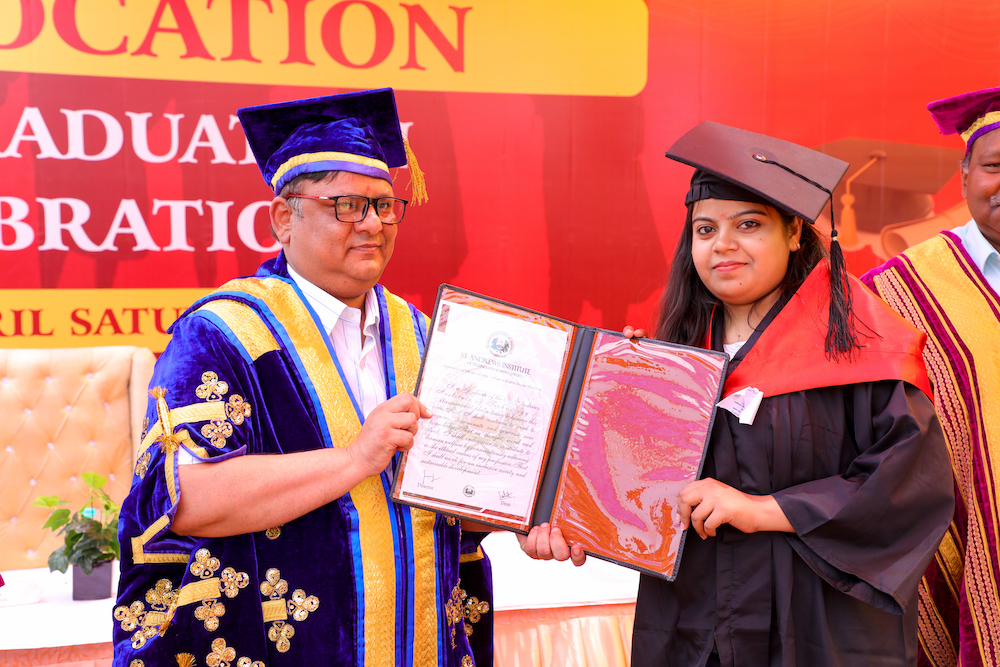
The exam pattern for the Bachelor of Computer Applications (BCA) course at Guru Gobind Singh Indraprastha University (IPU) is designed to comprehensively assess students’ understanding and proficiency in both theoretical concepts and practical skills. Entrance exams play a crucial role in the admission process for the BCA program at IPU.
Here’s an overview of the typical exam pattern:
Theory Exams
Duration
Each theory exam typically lasts for 3 hours.
Question Paper Format:
The question paper generally consists of multiple sections.
Section A
Short answer questions or objective-type questions (e.g., multiple choice, fill in the blanks) that test fundamental concepts.
Section B
Medium-length answer questions that require more detailed responses and test understanding and application of concepts.
Section C
Long answer questions or problem-solving questions that require comprehensive answers, often involving analysis, synthesis, and application of knowledge.
Marks Distribution
The total marks for each theory paper usually range from 75 to 100 marks, divided among the various sections.
Evaluation
The evaluation is done based on the accuracy, relevance, and depth of the answers provided.
Practical Exams
Duration
Each practical exam typically lasts for 3 hours.
Components:
Lab Exercises
Students are required to perform specific tasks or experiments related to the course.
Viva Voce
An oral examination where students are questioned about their practical work and related theoretical concepts.
Project Work
In some practical exams, students might be required to present and discuss their project work.
Marks Distribution
The practical exams usually carry a significant portion of the total marks, often ranging from 50 to 100 marks.
Evaluation
Practical exams are evaluated based on the correctness and efficiency of the solutions, understanding of the concepts, and the quality of project work and viva performance.
Internal Assessment
Assignments
Regular assignments are given to assess students’ understanding and application of the concepts taught in class.
Class Tests/Quizzes
Periodic tests or quizzes are conducted to monitor students’ progress.
Attendance and Participation
Marks are also awarded for attendance and participation in class activities.
Project Work
Duration
Typically done in the final semester, the project work spans several weeks.
Components:
Project Report
A detailed report documenting the project, including objectives, methodology, results, and conclusions.
Project Presentation
Students present their project work to a panel of examiners.
Viva Voce
An oral examination where students defend their project work.
Marks Distribution
The project work is usually allotted substantial marks, contributing significantly to the final grade.
Evaluation
Projects are evaluated based on originality, practical application, depth of research, presentation, and the ability to answer questions during the viva.
Admission Process in IPU for BCA
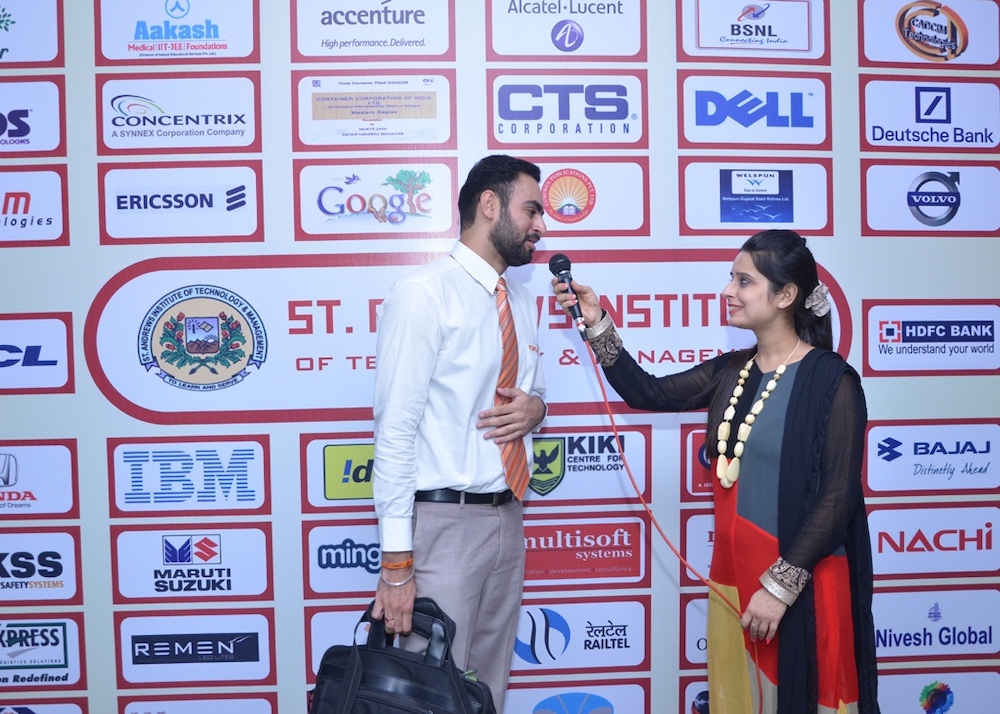
The admission process for the Bachelor of Computer Applications (BCA) course at Guru Gobind Singh Indraprastha University (IPU) involves several steps, including meeting eligibility criteria, taking an entrance exam, and participating in counseling sessions.
Here’s a detailed overview of the process:
Eligibility Criteria
Educational Qualification: Candidates must have completed their 10+2 or equivalent examination from a recognized board.
Minimum Marks: Generally, candidates must have secured at least 50% marks in aggregate.
Subjects: Candidates should have passed English (core/elective/functional) and Mathematics or Computer Science/Information Practices or Computer Applications or Multimedia & Web Technology or Data Management Application and Web Application as a subject in 10+2.
Entrance Exam (IPU CET BCA)
Registration: Candidates those are thinking for pursuing BCA need to register for the IPU Common Entrance Test (CET) for BCA through the official IPU admission portal.
Application Form: Fill out the application form with personal, educational, and other required details. Upload scanned copies of your photograph, signature, and other necessary documents.
Application Fee: Pay the required application fee online.
Admit Card: Download the admit card from the official website once it is released.
IPU CET BCA Exam
Exam Pattern: The entrance exam usually consists of multiple-choice questions (MCQs).
Subjects Covered: The exam typically covers topics from Mathematics, English Language & Comprehension, Computer Awareness, and General Knowledge (including Current Affairs).
Duration: The duration of the exam is usually 2.5 hours.
Marking Scheme: Each correct answer is awarded 4 marks, and there is usually a negative marking of 1 mark for each incorrect answer.
Results and Merit List
Result Declaration: The results are declared on the official IPU website.
Merit List: Based on the scores obtained in the entrance exam, a merit list is prepared.
Counseling Process
Registration for Counseling: Candidates who qualify for the entrance exam need to register for the counseling process on the IPU admission portal.
Choice Filling: Candidates must fill in their preferred choices of colleges and courses.
Document Verification: Candidates must appear for document verification at the designated centers. Required documents typically include:
10th and 12th mark sheets and certificates
IPU CET BCA admit card and rank card
Category certificate (if applicable)
Passport-sized photographs
Counseling registration receipt
Seat Allotment: Based on the merit list and the choices filled, candidates are allotted seats in various affiliated colleges.
Payment of Fees: Candidates need to pay the admission fee to confirm their seat.
Reporting to the College: Finally, candidates must report to the allotted college within the stipulated time frame to complete the admission process.
Spot Counselling (if applicable)
If there are vacant seats after the regular counseling rounds, IPU may conduct spot counseling. Candidates who were not allotted a seat in the regular rounds or did not participate in the earlier rounds may participate in spot counseling.
IPU CET BCA Syllabus
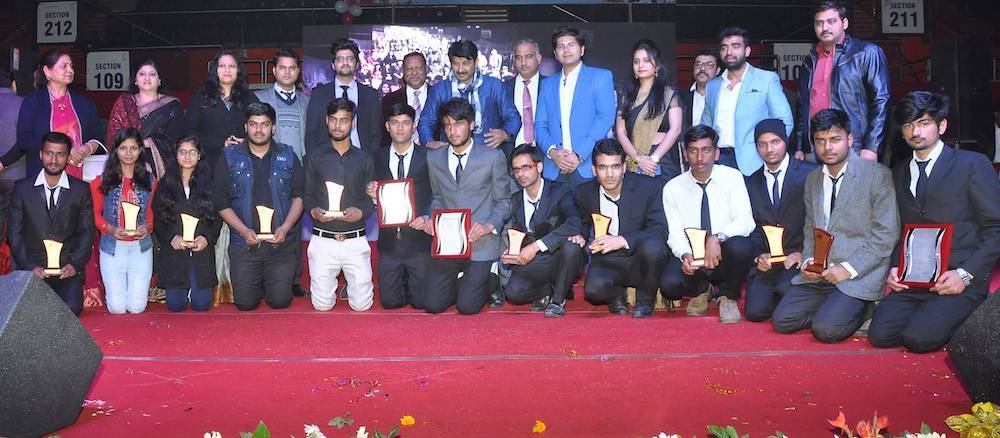
The syllabus for the IPU Common Entrance Test (CET) for the Bachelor of Computer Applications (BCA) program at Guru Gobind Singh Indraprastha University (IPU) typically includes topics from Mathematics, English Language and Comprehension, Computer Awareness, and General Knowledge.
Here’s a detailed breakdown of the syllabus:
Mathematics
Algebra: Fundamental operations in algebra, expansion, factorization, quadratic equations, indices, logarithms, arithmetic, geometric and harmonic progressions, binomial theorem, permutations and combinations.
Trigonometry: Trigonometric ratios, identities, equations, properties of triangles, solution of triangles, heights and distances.
Coordinate Geometry: Cartesian plane, distance formula, section formula, area of a triangle, straight lines, circles, parabola, ellipse, hyperbola.
Calculus: Limits and continuity, differentiation, application of derivatives, maxima and minima, integration, definite integrals, application of integrals.
Vectors and 3-D Geometry: Vectors, addition and subtraction of vectors, scalar and vector products, equations of a line and plane.
Statistics and Probability: Measures of central tendency, measures of dispersion, probability theory, random variables, binomial, Poisson and normal distributions.
Matrices and Determinants: Types of matrices, operations on matrices, determinants, inverse of a matrix, solving system of linear equations using matrices and determinants.
English Language and Comprehension
Grammar: Parts of speech, tenses, subject-verb agreement, articles, prepositions, conjunctions, clauses, phrases, direct and indirect speech, active and passive voice.
Vocabulary: Synonyms, antonyms, one-word substitutions, idioms and phrases, word formation, foreign words and phrases commonly used.
Reading Comprehension: Unseen passages, questions based on content, logical structure, vocabulary, and theme of the passages.
Writing Skills: Sentence structure, paragraph formation, coherence and cohesion in writing, essay writing, letter writing.
Computer Awareness
Basics: History of computers, generations, types of computers, basic computer organization, input and output devices.
Software: System software, application software, operating systems, utility programs, open-source software.
Programming Fundamentals: Basics of programming languages (C, C++, Java), flowcharts, algorithms, pseudocode, data types, operators, control structures, functions, arrays.
Database Management Systems (DBMS): Basic concepts of DBMS, data models, SQL, relational databases.
Internet and Web Technologies: Basics of internet, World Wide Web (WWW), web browsers, email, search engines, web servers, HTML.
Computer Networks: Basic concepts of networking, types of networks (LAN, MAN, WAN), network topologies, protocols, OSI model, TCP/IP model.
Cyber Security: Basics of information security, types of cyber threats, antivirus software, firewalls, basics of cryptography.
General Knowledge (Including Current Affairs)
Static GK: Important historical events, famous personalities, geographical facts, basic economic concepts, major national and international organizations, important books and authors.
Current Affairs: Recent national and international events, sports, awards and honors, science and technology developments, government schemes and policies.
Career Opportunities after BCA from IPU
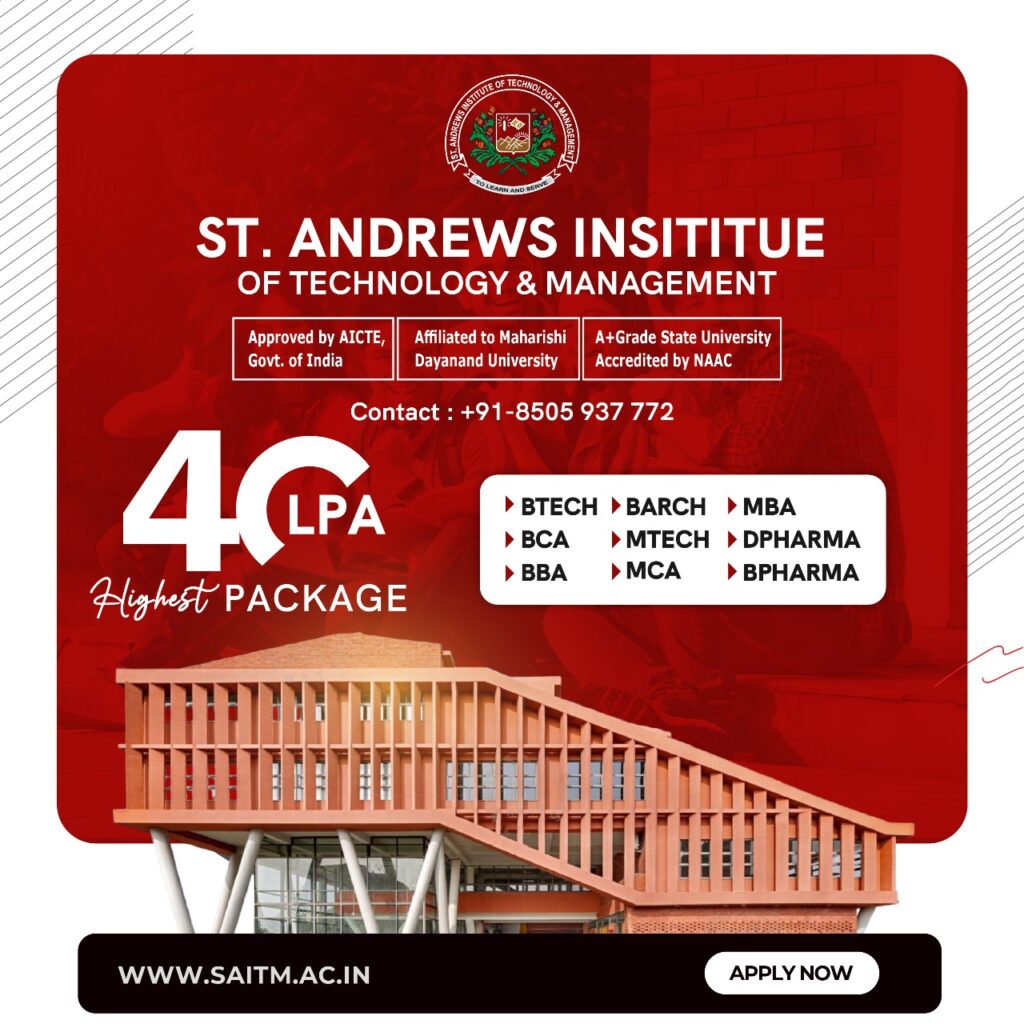
After completing a Bachelor of Computer Applications (BCA) from Guru Gobind Singh Indraprastha University (IPU), students have a wide range of career opportunities across various sectors. A BCA graduate can explore numerous job roles such as software developer, web developer, database administrator, and more.
Here are some popular career paths that BCA degree holders can pursue:
Software Developer/Engineer
BCA degree holders often start their careers as software developers or engineers. They design, develop, test, and maintain software applications for businesses, organizations, or software companies.
Web Developer
With skills in web technologies gained during their BCA course, graduates can work as web developers. They create and maintain websites and web applications using programming languages like HTML, CSS, JavaScript, and frameworks like Angular, React, or Node.js.
Database Administrator
BCA graduates with knowledge of database management systems (DBMS) can become database administrators. They manage and ensure the security, performance, and integrity of databases for organizations.
System Analyst
System analysts analyze an organization’s computer systems and procedures, design information systems solutions, and help businesses improve their efficiency and effectiveness through technology.
Network Administrator
Graduates with knowledge of computer network can work as network administrators. They manage an organization’s network infrastructure, ensure connectivity, security, and performance of networks.
Cyber Security Analyst
With the increasing importance of data security, BCA graduates can specialize in cyber security. They protect organizations’ systems and data from cyber threats, conduct security audits, and develop security policies and protocols.
IT Consultant
IT consultants advise businesses on how to use technology effectively to meet their goals. They assess IT systems, recommend solutions, and help organizations implement and manage technology projects.
Mobile App Developer
BCA graduates with skills in mobile application development can work as mobile app developers. They create apps for Android, iOS, or cross-platform using languages like Java, Kotlin, Swift, or frameworks like Flutter or React Native.
Quality Assurance (QA) Analyst/Tester
QA analysts evaluate software applications to confirm they adhere to quality standards. They identify bugs, conduct tests, and collaborate with developers to fix issues before software is released.
Business Analyst
BCA graduates can work as business analysts who analyze business processes, gather requirements for IT projects, and bridge the gap between business needs and technology solutions.
Top Recruiters for BCA Graduates from IPU
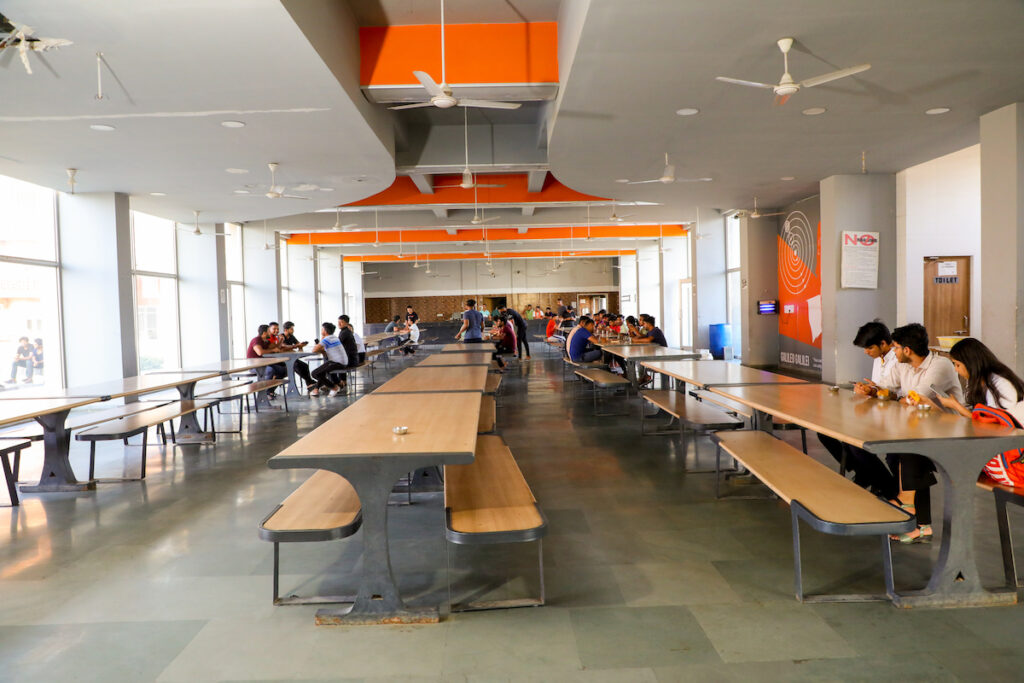
BCA graduates from Guru Gobind Singh Indraprastha University (IPU) can find employment opportunities with a wide range of companies across various sectors. Career prospects for a BCA graduate include roles such as software developer, system analyst, network engineer, and database administrator with top recruiters.
Here are some top recruiters who actively hire BCA graduates:
IT Services and Consulting Firms:
Tata Consultancy Services (TCS)
Infosys
Cognizant Technology Solutions (CTS)
Software Development Companies:
Microsoft
Oracle
IBM
Adobe
SAP
Tech Startups:
Flipkart
Ola
Zomato
Swiggy
Paytm
Financial Services:
HDFC Bank
ICICI Bank
Axis Bank
Kotak Mahindra Bank
State Bank of India (SBI)
E-commerce and Retail:
Amazon
Flipkart
Myntra
Snapdeal
Reliance Retail
Healthcare IT:
Philips Healthcare
GE Healthcare
Siemens Healthineers
Cerner Corporation
Allscripts Healthcare Solutions
Telecommunications:
Airtel
Vodafone Idea
Reliance Jio
Ericsson
Nokia
Consulting and Business Services:
Deloitte
KPMG
PricewaterhouseCoopers (PwC)
Ernst & Young (EY)
McKinsey & Company
Education and E-learning:
Byju’s
Khan Academy
Coursera
Udemy
Simplilearn
Government Organizations and PSUs:
National Informatics Centre (NIC)
Bharat Electronics Limited (BEL)
Oil and Natural Gas Corporation (ONGC)
Indian Space Research Organisation (ISRO)
Defence Research and Development Organisation (DRDO)
Salary Expectations for Fresh BCA Graduates from IPU

The salary expectations for fresh Bachelor of Computer Applications (BCA) graduates from Guru Gobind Singh Indraprastha University (IPU) can vary depending on several factors such as the industry, job role, location, skills, and the company’s scale and reputation.
Career prospects for a BCA graduate include roles such as software developer, web developer, database administrator, and system analyst, which significantly influence salary expectations.
Here’s a general overview of what fresh BCA graduates can expect in terms of salary:
Software Developer/Engineer:
Salary Range: ₹3.5 lakh to ₹6 lakh per annum
Companies: IT services companies, software development firms, tech startups
Web Developer:
Salary Range: ₹3 lakh to ₹5.5 lakh per annum
Companies: Web development agencies, IT companies, e-commerce firms
Database Administrator (DBA):
Salary Range: ₹3.5 lakh to ₹6 lakh per annum
Companies: IT services, financial institutions, healthcare organizations
System Analyst:
Salary Range: ₹3.5 lakh to ₹6.5 lakh per annum
Companies: IT consulting firms, business analysis teams in various sectors
Network Administrator:
Salary Range: ₹3 lakh to ₹5.5 lakh per annum
Companies: IT departments of organizations, telecom companies, ISPs
Quality Assurance (QA) Analyst/Tester:
Salary Range: ₹3 lakh to ₹5.5 lakh per annum
Companies: Software testing firms, IT services companies, product development teams
IT Support Specialist:
Salary Range: ₹2.5 lakh to ₹4.5 lakh per annum
Companies: IT help desks, tech support teams in organizations
FAQs
What are the core subjects covered in the IPU syllabus for BCA?
The core subjects in the IPU syllabus for BCA course includes Mathematics, Programming Languages (C, C++, Java), Data Structures, Database Management Systems (DBMS), Operating Systems, Software Engineering, Computer Network, Web Technologies, and more.
How is the IPU syllabus for BCA structured across semesters?
The IPU syllabus for BCA degree is typically structured across six semesters. Each semester covers specific subjects ranging from foundational courses in the first year to specialized topics and electives in later semesters.
What practical components are included in the IPU syllabus for BCA?
Practical components in the IPU syllabus for BCA degree include labs corresponding to subjects like Programming, Data Structures, DBMS, Web Technologies, and more. These labs provide hands-on experience in applying theoretical knowledge.
Are there any elective subjects in the IPU syllabus for BCA?
Yes, the IPU syllabus for BCA degree includes elective subjects in the fifth and sixth semesters. Students can choose from a range of electives such as Artificial Intelligence, Data Warehousing, Mobile Application Development, Cloud Computing, etc.
How are exams conducted based on the IPU syllabus for BCA?
Exams based on the IPU syllabus for BCA are typically conducted at the end of each semester. The exams include theory papers covering all subjects studied in that semester and practical exams based on lab work and project submissions.
Is the IPU syllabus for BCA updated regularly to reflect industry trends?
Yes, the IPU syllabus for BCA is periodically reviewed and updated to incorporate changes in technology and industry trends. This ensures that students receive education relevant to current industry requirements.
What are the key skills that the IPU syllabus for BCA aims to develop?
The IPU syllabus for BCA aims to develop skills such as programming proficiency, problem-solving abilities, database management skills, web development skills, software engineering principles, and communication skills necessary for IT professionals.
How can students access the detailed IPU syllabus for BCA?
The detailed IPU syllabus for BCA can usually be accessed through the official website of Guru Gobind Singh Indraprastha University (IPU) or through the academic department responsible for the BCA course.
Are there opportunities for practical projects in the IPU syllabus for BCA?
Yes, the IPU syllabus for BCA includes a project work component usually in the final semester. Students undertake practical projects that require them to apply their knowledge and skills gained throughout the course.
What career opportunities can students expect after completing the IPU syllabus for BCA?
After completing the IPU syllabus for BCA, students can pursue careers as software developers, web developers, database administrators, system analysts, network administrators, IT consultants, and more across various industries including IT services, finance, e-commerce, healthcare, and government sectors.
What is the importance of entrance exams for admission to the BCA program at IPU?
Entrance exams are crucial for admission to the BCA program at IPU. Many reputed universities, including IPU, offer admission through various entrance exams such as CUET, IPUCET, SET, and UGAT. These exams help in assessing the aptitude and knowledge of candidates, ensuring that only the most qualified students are admitted to the program.

